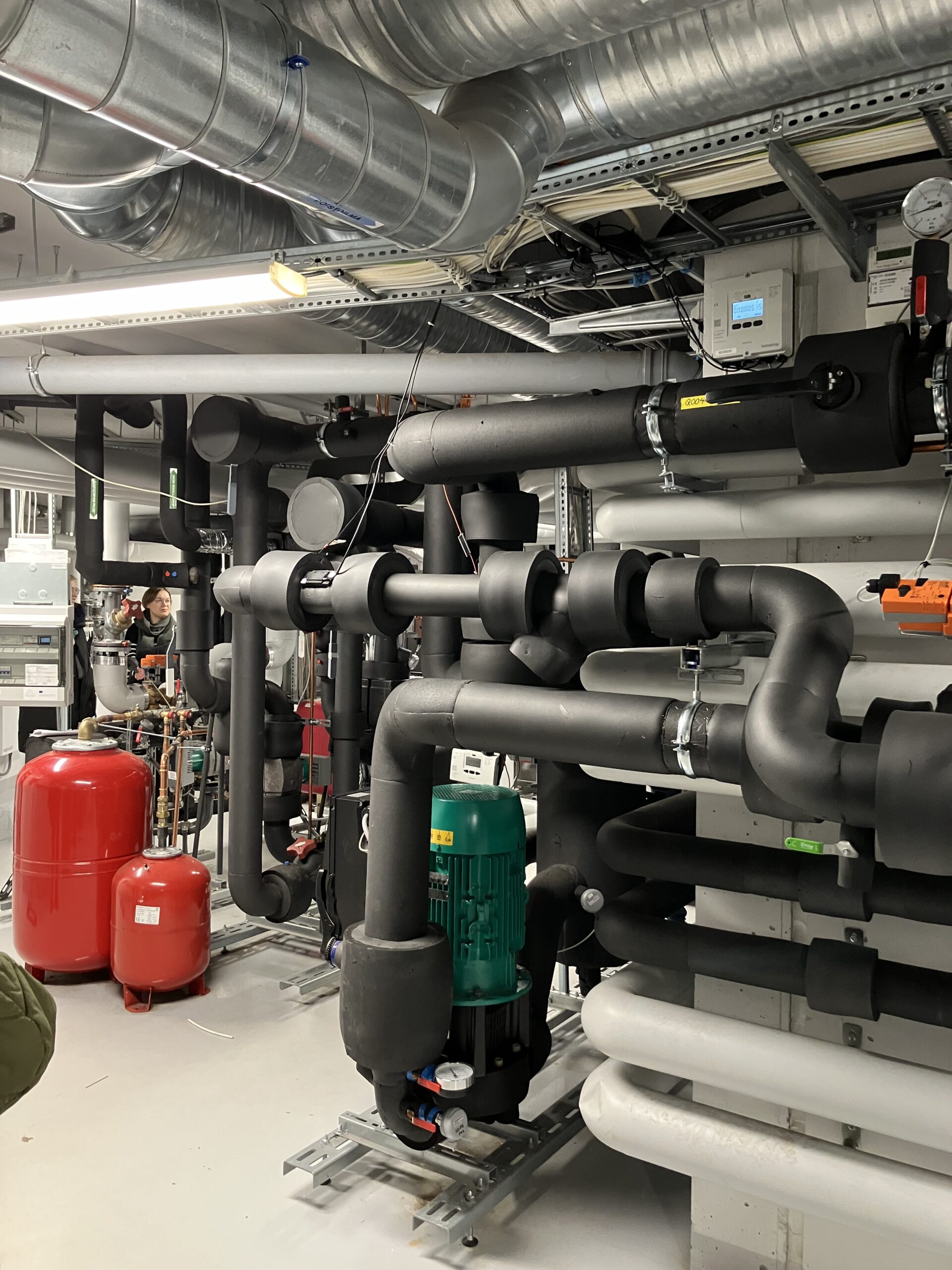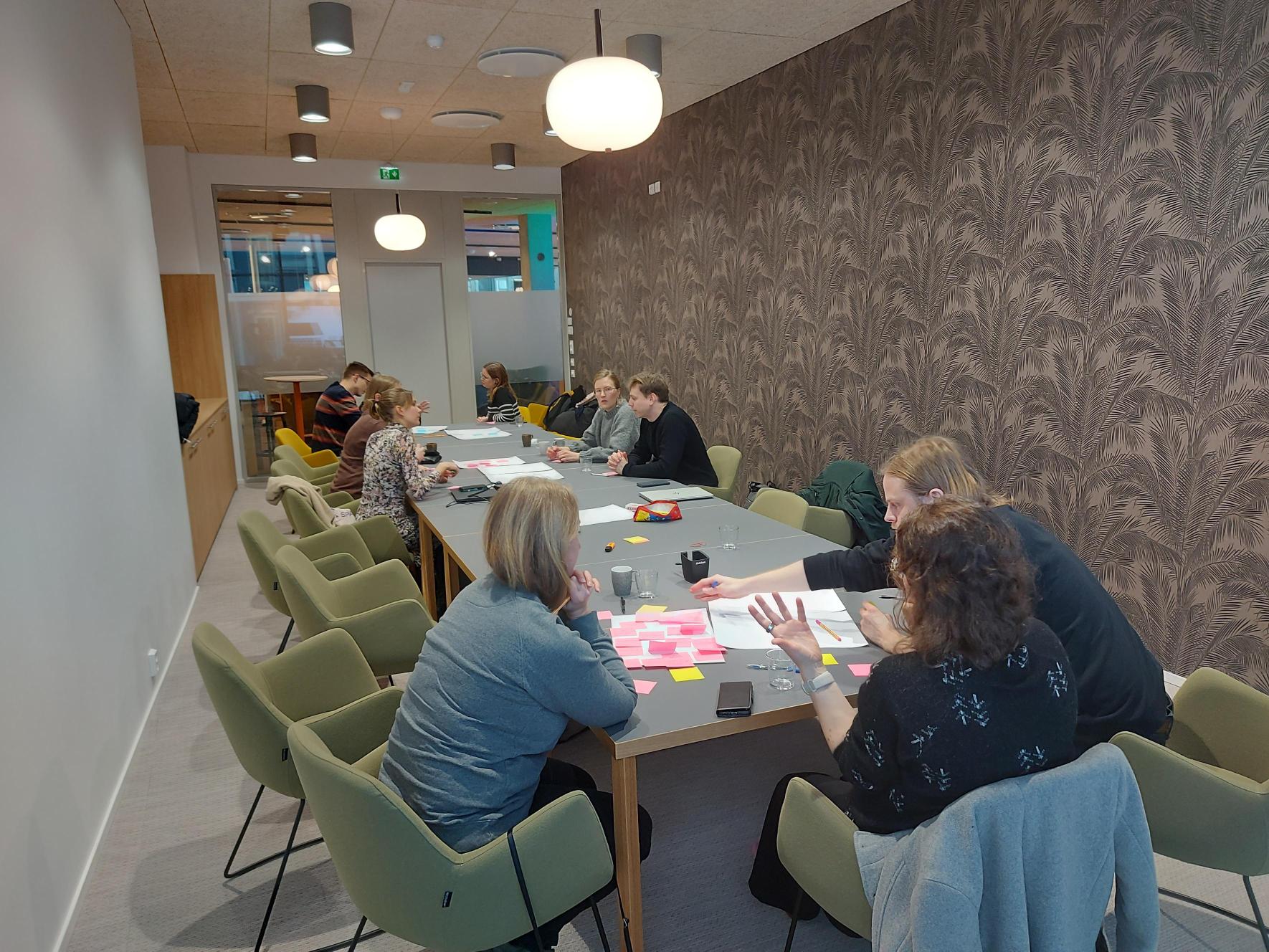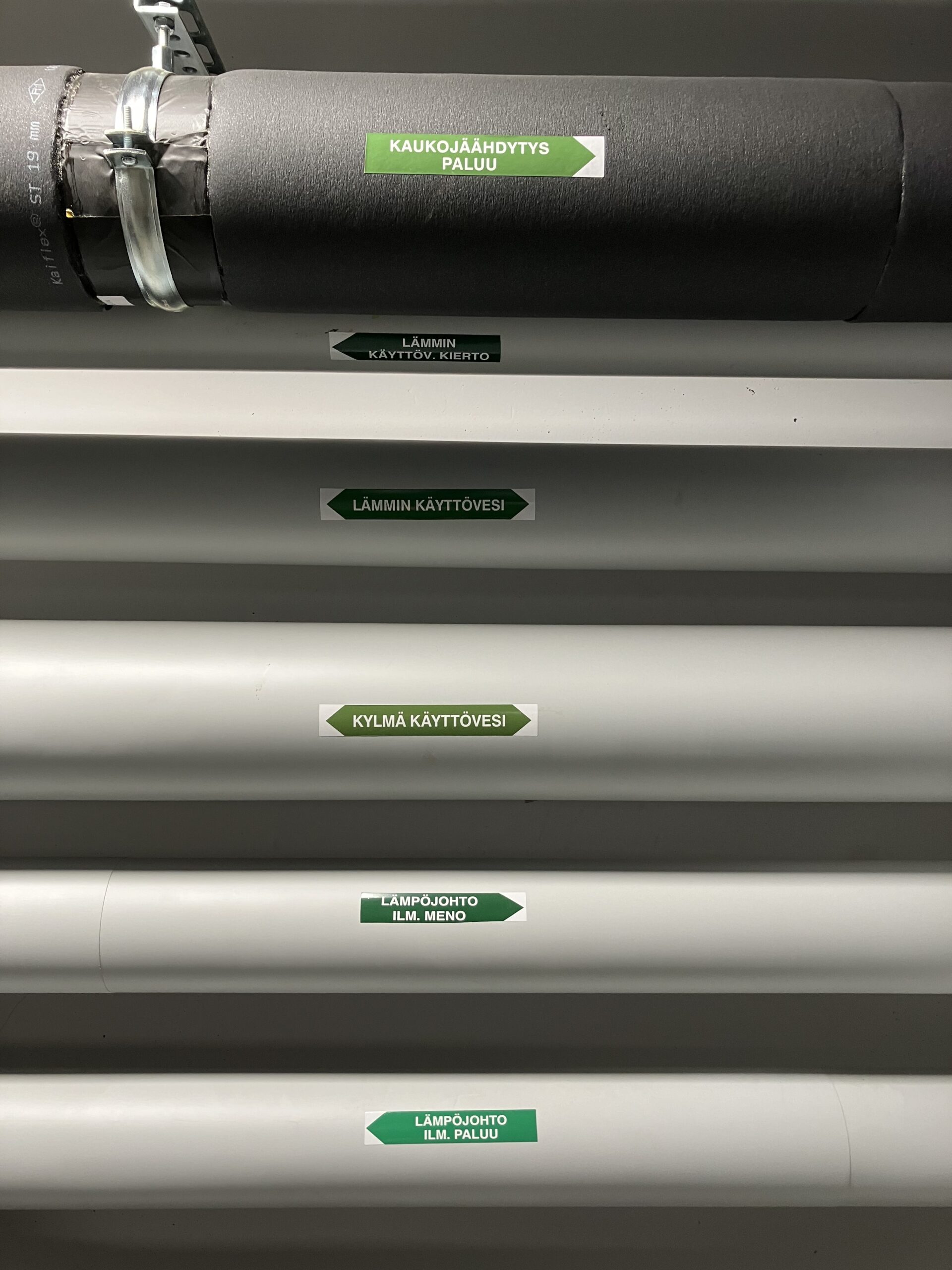Sparking Ideas & Knowledge Exchange – Finnish Lighthouse Cities Met in Turku
Finnish Lighthouse Cities came together in Turku to exchange knowledge and ideas in 2-day network meeting. Demo-visit to Ylioppilaskylä offered concrete examples of what kind of energy positive solutions are implemented in Turku during Response -project. Further, led by SPARCS Espoo project team, a Nordic Energy Positive District (Nordic PED) was conceptualized.
Funded by the European Commission through Horizon 2020 program, Lighthouse Cities are working to transform cities into smarter and more sustainable. In Finland, different projects’ Lighthouse Cities form a network, in which ideas and knowledge are exchanged and topical issues are being discussed. In January, project members of SPARCS, RESPONSE, STARDUST and NEUTRALPATH gathered in Turku.
FOCUSING ON PED’S
The Lighthouse Cities are all united by smart and sustainable solutions, focusing on energy positivity in particular, and many concrete energy positive district (PED) solutions have been created. During our network meeting, we visited RESPONSE project’s demo area in Ylioppilaskylä, to learn more about the technological solutions that have been implemented and tested.
FROM DEMOS TO A BIGGER FRAME – WHAT IS A NORDIC PED?
PED solutions are an effective way to create a desirable urban environment and support the sustainable energy transition in the cities. Going forward, we should move from singular solutions to a larger frame, e.g. create larger PED areas and scale up new solutions. Keeping this in mind, we in the SPARCS project are eager to investigate what would be a broader PED concept for the Nordic countries. What are the special characteristics of the Nordics? How will those features affect the “Nordic PEDs”? What are the possible drivers and hurdles? These questions were discussed together in a workshop organized by SPARCS-project members.
During the workshop, many common characteristics for Nordic countries were identified, and the differences between the countries (e.g. capacity of RES –production) were considered. With the special characteristics determined, strengths, weaknesses, opportunities and threads for Nordic PED development were recognized and discussed. Technical capabilities and smarts solutions were highlighted as strengths, whereas weather conditions were identified as a weakness – fluctuating temperatures on a daily and yearly basis may cause challenges and affect RES –utilization. Social aspects, like attitude environment were seen as an opportunity: people tend to trust institutions which might support the development of lager PED areas. Some uncertainties about the role of PEDs, especially on larger scale, were thought to oppose possible threads.
The conceptualization of Nordic PEDs will continue within SPARCS project together with consortium partners, to get broader inside on the theme. We see great importance for these kinds of discussions and concept development, since it allows us to break down the complexity of larger PED areas and explore different perspectives.



